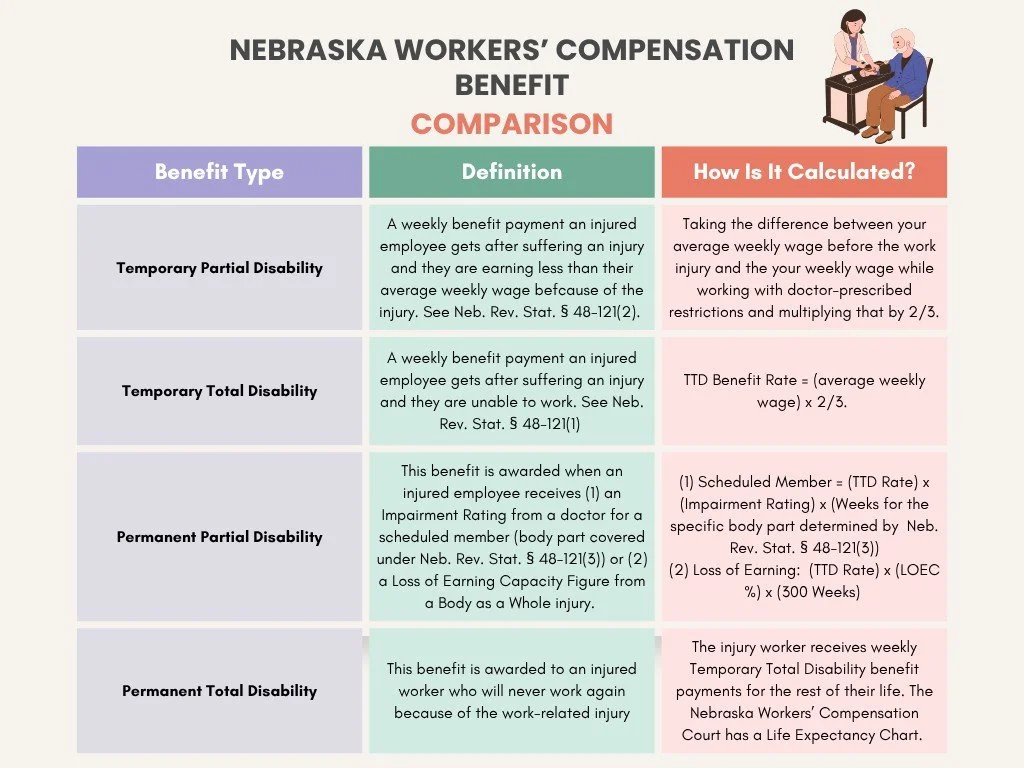
Can a Collections Agency Collect For Bills Related to My Workers’ Comp Claim?
Your attorney will send a letter to any collection agency trying to collect funds on outstanding bills related to your workers compensation claim. In so doing, your attorney will help maintain your good credit.
Why Am I Getting a Letter from The Work Comp Court?

